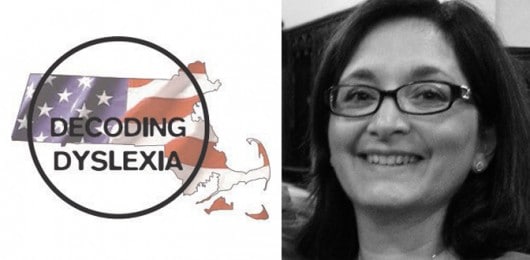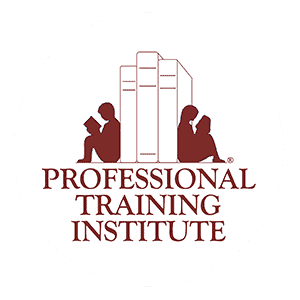What is Decodable Text?
Lisa M. Brooks, F/AOGPE2021-10-07T09:12:28+00:00The rationale for explicit and multisensory phonics instruction can no longer be ignored. Science tells us that most kids will benefit from a structured, code-based approach to learning how to read words.(1) Students with dyslexia certainly require this type of teaching, and no child is harmed by learning the sounds and syllables types of his or her own language. When students are learning to crack the code of English, we use decodable text to help them apply learned skills to reading in context. In this type of text, the majority of the words follow the regular patterns of English. Practice with decodable [...]














